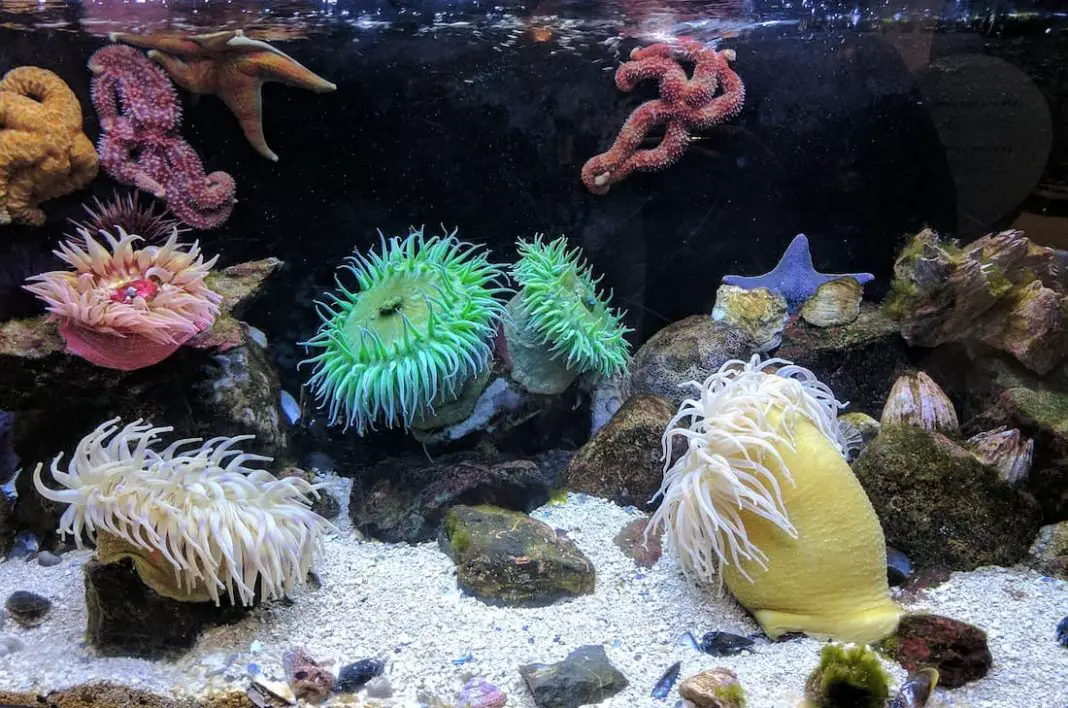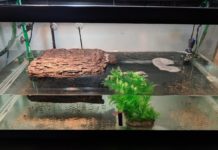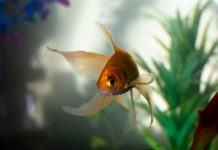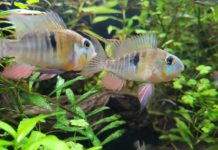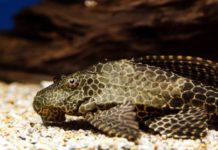Lots of reef owners are fans of clove polyps because if they’re growing too fast for their tank, they’re quite an easy coral to frag. Although they’re hardy and tough, there can be times when they don’t open up as well as they should. Most times, clove polyps are vibrant and love to flow in the water current. But that’s not always the case and there’re a few reasons why they won’t open up as much as they can.
In this article, we’ll cover some of the reasons why a clove polyp coral isn’t opening.
How Do You Know If A Clove Polyp Coral Is Closed?
Clove polyp corals come in a variety of colors with feathery like tentacles that are extended and flowing when fully open. When closed, the tentacles will be retracted and out of sight.
Reasons Why A Clove Polyp Isn’t Opening
Water Flow
For most corals, the amount of water that flows through the tank is a huge factor in determining how a coral reacts. The general health of the clove polyp depends on the water flow.
Although clove polyps don’t require very high-water flow, they’ll need around a medium flow rate. If they don’t receive the proper amount of water flow, they can stay closed up and not open.
Too much water flow or not enough water flow could cause their tentacles to stay retracted. Clove polyps love water movement that’s pulsing or variable flow rates.
Constant water flow that’s too strong or pointed right at the coral can also prevent them from opening.
Lighting
Another reason a clove polyp won’t open could be due to a lighting issue. Clove polyp corals prefer moderate lighting. High lighting can cause stress, resulting in them not opening properly.
Make sure to position them in the tank where they’ll receive moderate lighting. Some clove polyp corals will do well in shaded areas of the tank where the light is not directly on them.
Placement In The Tank
Clove polyps will be happy if you place them in the right area of the tank. It’s best to keep them in the middle sections of the tank where they can be out of the intense lighting and water flow.
Clove polyps love to be placed on top of the rocks. If you have a small frag of clove polyp, you can place the frag either on the rock or in a hole or crevice, and they will naturally grow onto the rock.
Change In Water Parameters
Ideal water parameters for clove polyps:
- Salinity: 1.025
- Temperature: 76-81F
- Calcium: 400-450ppm
- Alkalinity: 8-11 dkh
- Magnesium: 1200-1350ppm
- Phosphates: 0
Regardless if you’re talking about saltwater fish or corals, it’s important to maintain good water parameters that are as stable as possible. Fluctuating parameters can cause stress to livestock and it’s easy to see when they’re stressed. With clove polyps, they will show this by not opening.
A change in water parameters can sometimes prevent clove polyps from opening fully.
For example, you could get a change in salinity from evaporated water that isn’t getting replaced, which will affect the clove polyp.
It’s Acclimating To A New Tank
If you’re introducing a new clove polyp coral into your tank, it’s common for them not to open up for a period of time. They usually need some time to adjust to their new environment.
Acclimating new corals properly is important. As they get used to their new home, they will normally start to open up slowly.
It Has Critters Crawling On Them
It’s possible for certain invertebrates and other critters to crawl on clove polyp corals, which can be stressful for them.
Cleaner shrimp, hermit crabs, and many others can crawl around clove polyp corals, which causes them to not open up like they normally would.
Moved To A New Location In The Tank
Anytime you decide to move clove polyps to another location in the tank, they will close up pretty quickly.
As soon as you pick them up, they normally close up until they are placed down and get comfortable again.
If you take the coral out of the water, they’ll also close up fast.
Water Changes And Tank Maintenance
Whenever you’re performing regular maintenance on the tank-like water changes and cleaning the glass, it’s possible for clove polyp corals to close up.
When you are draining water from the tank, you may notice when a part of cleaning equipment is near the coral, it’ll close up and not open.
Fish Nipping Around Them
You may have certain fish that like to nip at algae on rocks, which can cause some stress to clove polyp corals that’re placed on rocks. Fish like Yellow Tangs, Angels, and Butterfly, all have a habit of nipping at algae on rocks.
They’ve Been Fragged
As previously mentioned, clove polyp corals are one of the easiest corals to frag. When fragging these clove polyps, they’ll not open up and their polyps will retract.
Coral fragging is very stressful, it’s generally expected for them not to open up during the fragging process.
How Long Does It Take For Clove Polyp To Open?
The time it takes for clove polyp corals to open depends on many factors, including the water parameters, lighting, water flow, and tank placement, which all play a big role.
But on average, it will take anywhere from 1 to 24 hours for these corals to open.
Conclusion
Clove polyp corals are one of the more popular corals to have in a saltwater tank. They’re hardy, have amazing color, and grow relatively fast. If you have your water parameters stable with proper lighting and water flow, clove polyps should stay open most of the time.

